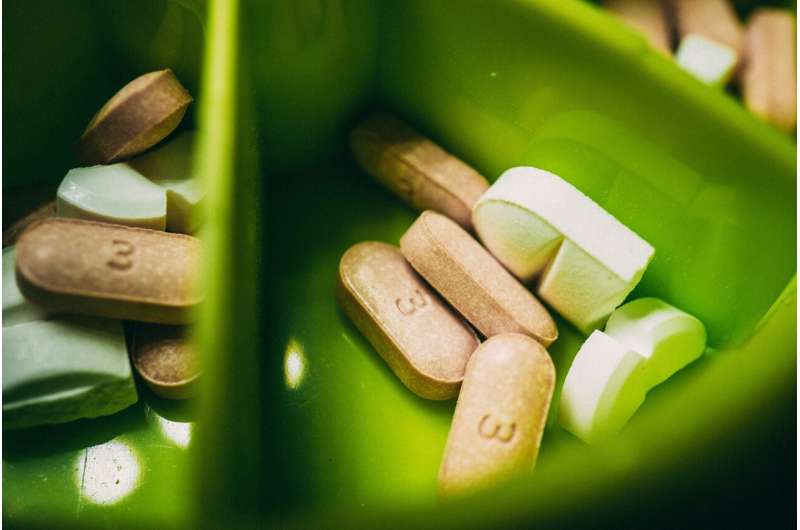This article has been reviewed according to Science X's editorial process and policies. Editors have highlighted the following attributes while ensuring the content's credibility:
fact-checked
proofread
Study assesses health care providers' knowledge, attitudes, perception regarding Halal pharmaceuticals

The way religious beliefs and medical treatments intersect can really affect how people use medications and stick to their treatment plans. Lately, there's been talk about "Halal pharmaceuticals," which are drugs made to fit with Islamic beliefs. But a lot of health care providers in places like the Middle East don't know much about what goes into these drugs or how they're made.
Scholars in Zarqa University, Jordan, have investigated what health care providers know, think, and feel about halal pharmaceuticals. The work is published in The Open Public Health Journal.
The researchers surveyed different health care providers (doctors, pharmacists, and nurses), asking about their age, gender, and job, as well as what they knew, thought, and felt about Halal medicines. Researchers then looked at the numbers to see if there were any connections between who these health care providers were and how much they knew or what they thought about Halal medicines.
A total of 381 health care providers took part in the study. Overall, they had a good understanding of the topic, but there were some areas where they weren't as knowledgeable, especially about what goes into medicines and other options that align with Halal principles.
When it came to their feelings and thoughts, most were positive or didn't have strong opinions, though this varied depending on their job. Pharmacists tended to know more than doctors and nurses. They got information from different places like schools, colleagues, religious texts, and the internet. Certain characteristics like age, marital status, religion, education, insurance, where they worked, and how long they had been in the field all had an impact on how much they knew and what they thought.
It's important to provide education that's personalized to fill in the gaps in knowledge, encourage positive attitudes, and ensure health care related to Halal medicines is culturally sensitive. By using different sources of information and customizing education based on things like age, gender, and background, we can help people understand better.
The knowledge can help address worries among patients and consumers. Health care providers can also better meet the needs of all kinds of patients and offer medicines that are safe and follow Halal guidelines. It's also crucial to look into what patients think and if they're willing to pay for Halal medicines so everyone can access the care they need.
More information: Deema Jaber et al, Assessment of the Knowledge, Attitude, and Perception of Healthcare Providers Regarding Halal Pharmaceuticals, The Open Public Health Journal (2024). DOI: 10.2174/0118749445296459240322064212


















